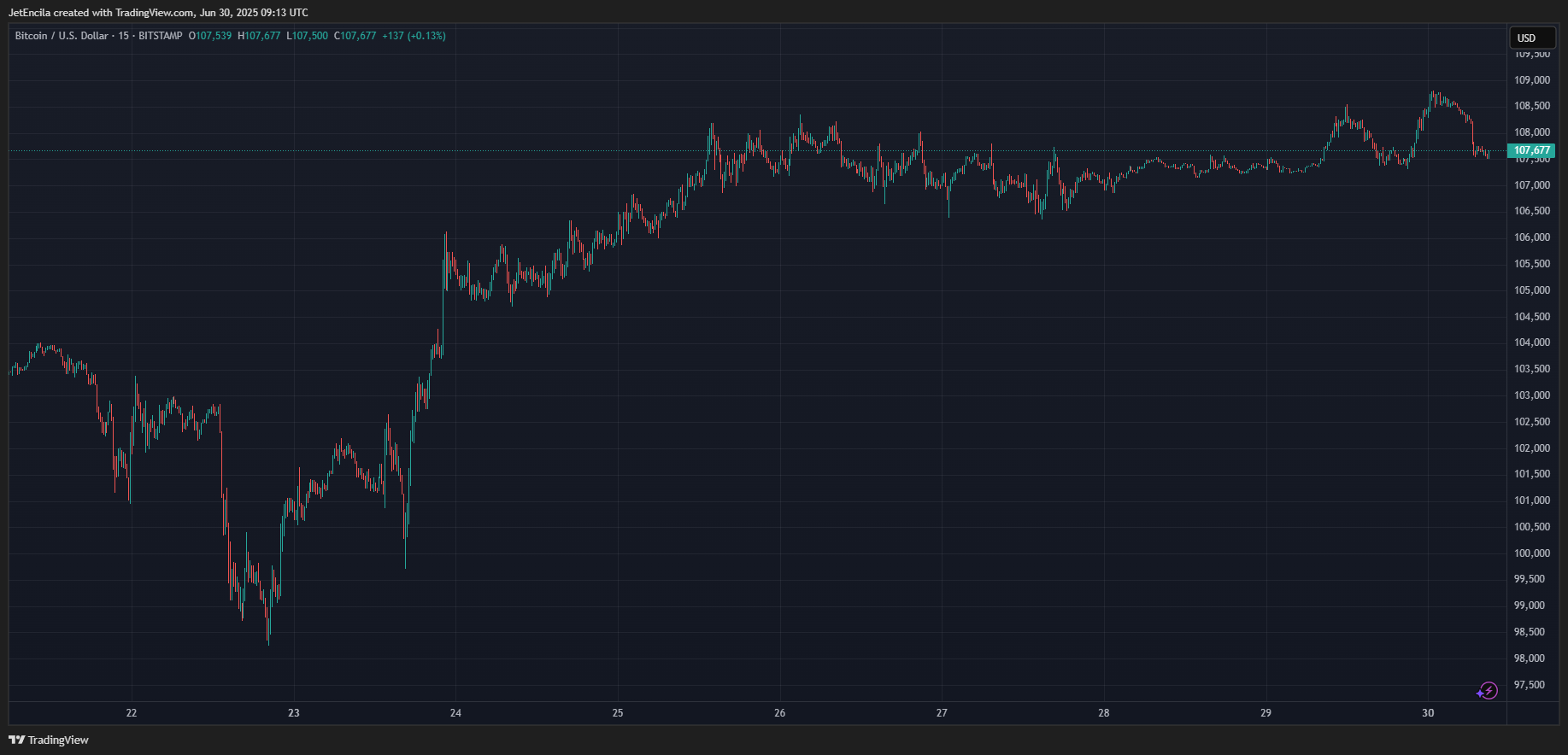According to market analyst Jordi Visser, a growing wave of frustration among younger people could push crypto’s price much higher over time.
Visser spoke about this in a Sunday episode of entrepreneur Anthony Pompliano’s podcast. He pointed to people aged 25 and under, who face job uncertainty from AI and rising costs of living.
Younger Generations Lose Faith
Visser noted that those 25 and below – or what is commonly referred to as the “Gen Z” – “don’t have a belief that the system will come back.” He said they see things getting worse each year. Many worry that robots and software will take their jobs.
That fear is already driving talk of a new, more social system paid for with bigger government budgets.
I sat down with @jvisserlabs to discuss stocks, bitcoin, and gold hitting new all-time highs, along with the implications of AI and why everyone is underestimating what is happening.
Enjoy!
TIMESTAMPS:
0:00 – Into
1:17 – Why asset prices are hitting all-time highs
3:45 – AI… pic.twitter.com/0Vu9xxJlWk— Anthony Pompliano
(@APompliano) June 29, 2025
Money Printing And Crypto Gains
“More people are angry,” Visser said. “The more money the government has to print.” He argued that as officials widen social programs, they’ll weaken the dollar by printing more bills.
Based on reports, he expects many to flee into scarce assets like Bitcoin. After all, only 21 million coins will ever exist.

Automation Threat To Jobs?
Visser traced his warning back to 2013, when he began studying rapid tech growth and its effects on jobs and wealth. He believes that advanced AI and humanoid robots could break the current system within five years.
“When you start bringing Waymo and driving those cars into Manhattan, I think that’s a wake‑up call,” he said. He compared it to protests when ride‑hail apps first rolled out around the world.

One Aspect Of A Bigger Picture
Visser’s view is just one side of a bigger debate. Some think banks and big funds, not angry young people, will drive Bitcoin gains. Others point to rising crypto rules, new government digital coins, and security worries as possible brakes on adoption. Regulation could slow things down as much as money printing speeds them up.

Visser paints a picture of social change powered by tech and money policy. He predicts that pressure for bigger social programs will keep growing. That, in turn, should push Bitcoin up, no matter what skeptics say. But experts warn the road won’t be smooth.
Faster or slower automation, shifting rules on crypto, and new digital currencies from central banks could all shift the outcome. In this tug of war, Bitcoin might win a bigger role—but only if it can clear those hurdles.
Featured image from Unsplash, chart from TradingView



